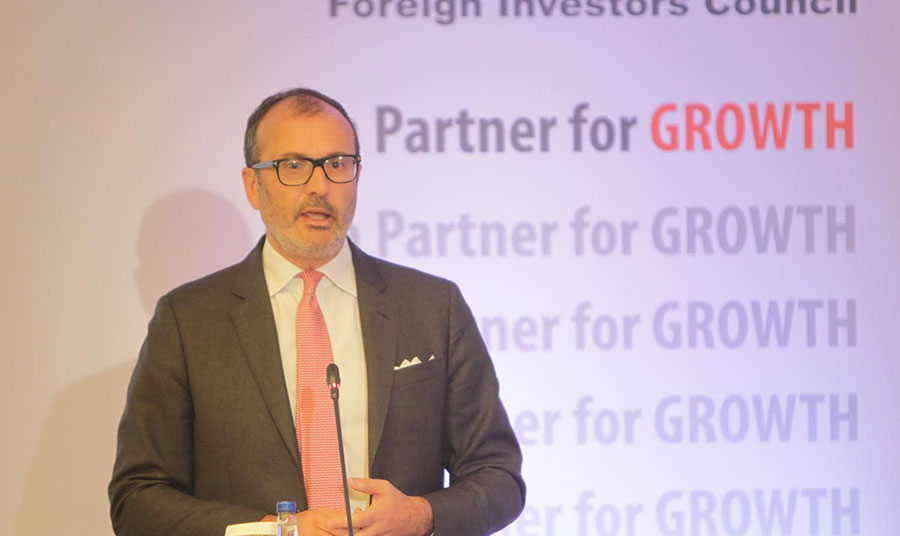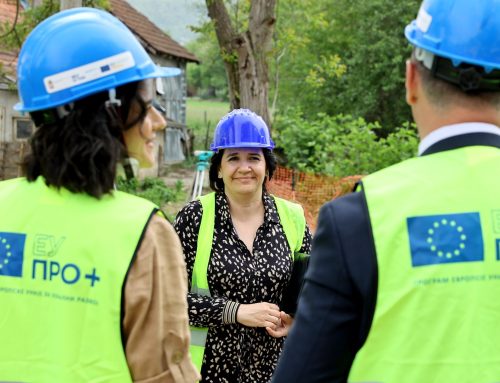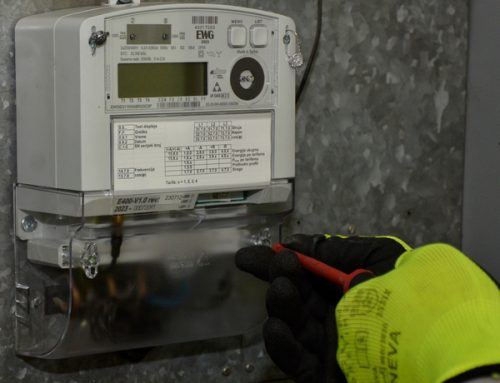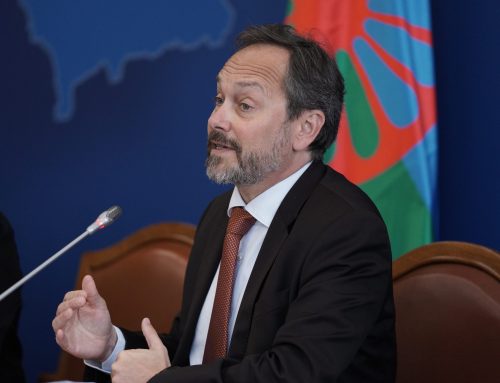Head of the EU Delegation to Serbia Sem Fabrizi said that Serbia has made major progress in economy in the past few years and laid solid foundations as it increased the economic growth and reduced the unemployment rate, but added that complacency is out of the question as it is yet to consolidate the reform process.
At the presentation of the Foreign Investors Council’s White Book, Fabrizi said that 70 per cent of companies in the Council were headquartered in the EU, adding that he always listens closely to their opinion.
According to him, in 2018 the EU launched a number of political initiatives – the Western Balkans Strategy, annual reports on countries in the region, and the EU-Western Balkans Summit in Sofia.
The EU sent a clear political message that the EU door is open and that Serbia is moving in the right direction, Fabrizi said, adding that a number of European officials visited the country to convey that message.
Reforms are essential, they mark the speed of the progress, he said.
“They are fully in the hands of Serbia,” said Fabrizi. 14 out of 35 chapters in total have been opened in negotiations and I hope a couple more will be opened by the end of the year, he said.
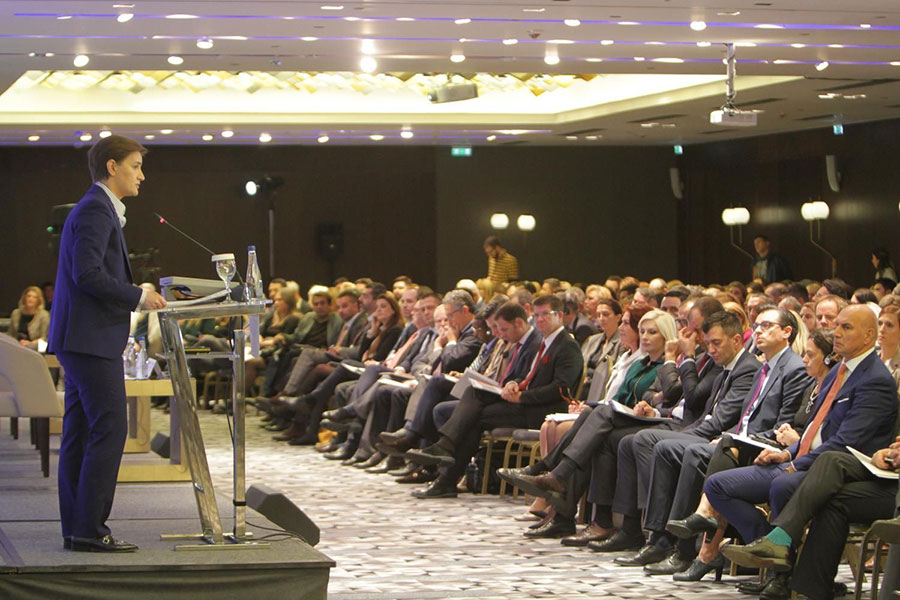
Fonet
Speaking about the economic reform, Fabrizi said that everyone acknowledged major progress that has been made in that area, adding, however, that as far as he is concerned complacency should be out of question as the reform process is far from being completed.
Serbia needs to become more competitive in order to compete with the EU, Fabrizi said and noted that there is a general consensus that the country needs to tackle the reform in the area of taxation, public administration and energy, and engage more vigorously in combating corruption.
The speed and viability of reforms should go hand in hand, Fabrizi underlined.
He said that both teams in Brussels and Belgrade are there to help Serbia define and implement reforms. This is a complex process, he said, a challenging one. He reminded that the EU secured EUR200 million a year through EIB loans and grants in order to assist Serbia in defining and implementing those reforms which are part of the EU agenda, too.
Read Ambassador Fabrizi’s full speech here.

